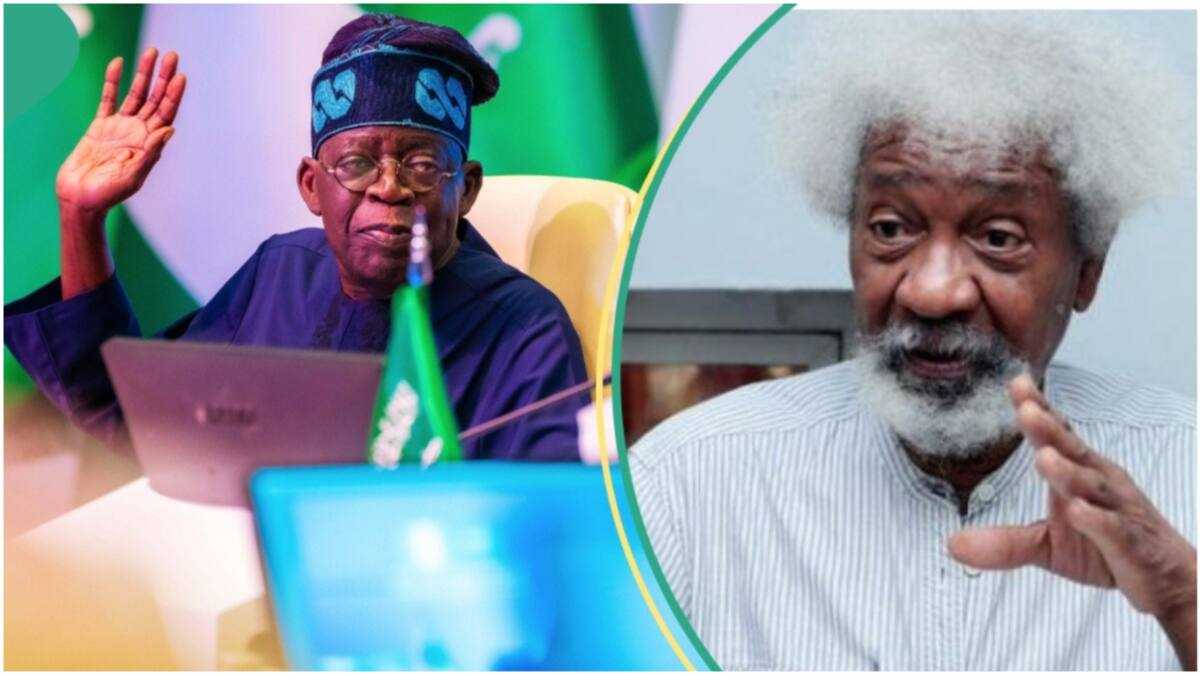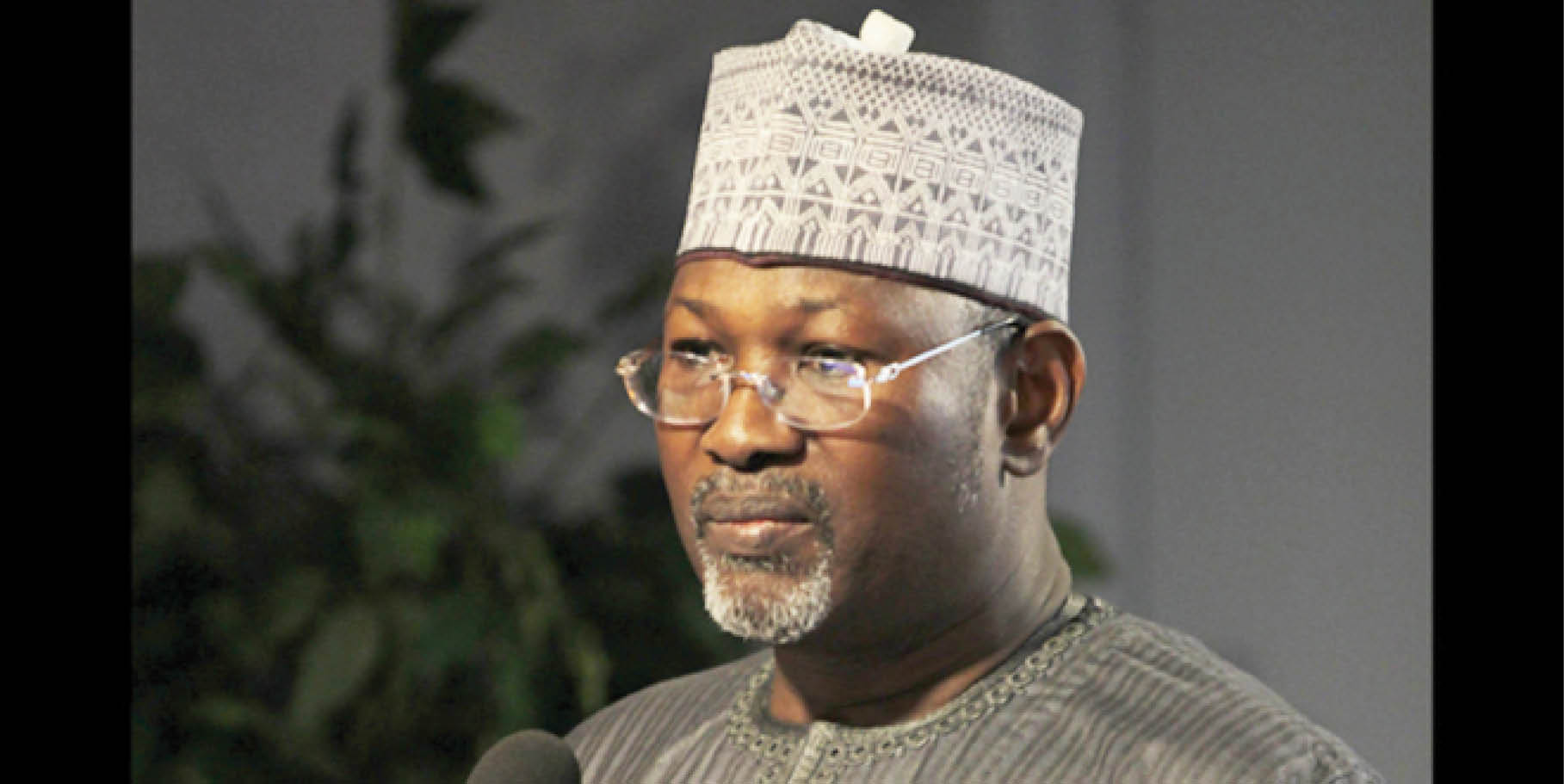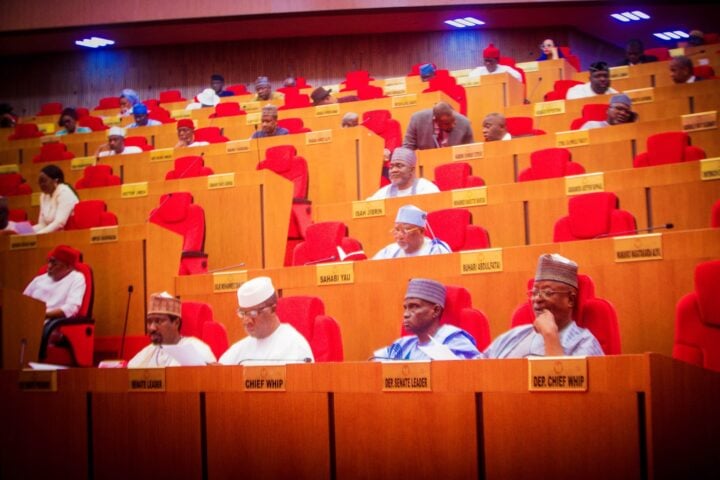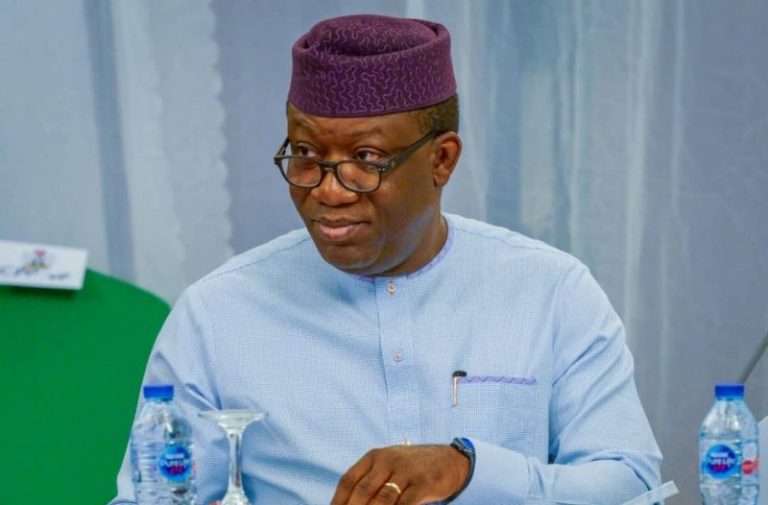A former Chairman of the Independent National Electoral Commission (INEC), Professor Attahiru Jega, has called for the amendment of relevant provisions of the Electoral Act (2022), to make electronic transmission of results mandatory in future elections.
Presenting a paper titled ‘Required reforms for stronger democratic institutions in Nigeria’, at the Platform Nigeria: June 12, 2025 edition, organised by The Covenant Nation Global, in Lagos, Jega called for increased use of technology in elections for transparency and accountability.
Recall that there were controversies over the issue of electronic transmission of results in the 2023 general elections, a development that made many Nigerians doubt the outcome of the presidential election.
Jega, a professor of political science, specifically submitted that the ambiguities pertaining to electronic transmission of results should be resolved.
“For example, remove ambiguity in Section 64 of Electoral Act 2022, in respect of the stages for comparing physical and electronic results. Review appointment process for INEC Chairman, National Commissioners and Resident Electoral Commissioners, remove or minimise executive/presidential influence, so as to further strengthen the independence of the electoral commission,” he said.
On the issue of prevailing defections in the political landscape, Jega called for proscription of cross-carpeting for elected executives and legislators.
He also called for the empowerment of INEC at the federal level, and SIECs at the state levels, to prepare for and conduct bye-elections as soon as information about defections comes to their attention.
He recommended diaspora voting for eligible citizens residing abroad, in presidential elections and called for strict regulation on campaign finances including creation of an agency to monitor and enforce penalties.
Jega regretted that one of the main challenges Nigeria faces relates to how to prevent reversal to authoritarian rule, “in the context of epileptic democratisation, since 1999, when we commenced transition from authoritarian military rule to civil democratic rule.”
He said, “The governance trajectory we seem to have taken has restrained our country from making serious progress from mere rule by civilians to desirable democratic rule and good democratic governance.
“It is regrettable that after such a long time in transition to democratic rule, rather than democratic consolidation, authoritarian reversal is hanging over the country like the sword of Damocles!”












